GOVT TO SET LAWS OVER KOREA'S RENTAL SYSTEM
입력 2020.07.10 (15:07)
수정 2020.07.10 (16:46)
읽어주기 기능은 크롬기반의
브라우저에서만 사용하실 수 있습니다.
[Anchor Lead]
Apartment rental prices in the city of Seoul have recorded a spike for 54 consecutive weeks. The government and the ruling party have vowed to pass a new law aimed at curbing housing prices.
[Pkg]
An 84-square-meter apartment at this residential complex near Mapo Station in Seoul was leased for a 920 million won lump-sum deposit last week. It surged 100 million won in just one year.
[Soundbite] (REALTOR) : "Because of the shortage of apartments, landlords can raise rental prices as much as they want. Although some tenants do ask to lower the rent, there are also those who are willing to wait to rent an apartment for 920 million or 930 million won."
Although prices of apartments for sale have surged more than rental prices, the gap will likely narrow soon given the ongoing trend in the housing market. The primary factor is the shortage of available apartment units. Last month, the number of apartment lease and rental transactions fell to the lowest level on record. This stems from the growing demand for rental housing and a long waiting list of applicants for newly built apartments. Meanwhile, more and more landlords prefer monthly rents or half-lump-sum deposits to full lump-sum deposits because of low interest rates. The government and the ruling party have agreed to enact a new law on protecting tenants by banning landlords from raising apartment rents by more than 5 percent when renewing lease contracts and granting tenants the right to demand a contract extension. While some say the new measure could help stabilize the real-estate market in the long term, there are also concerns that landlords might raise apartment lease prices prior to its enactment.
[Soundbite] KIM SUNG-HWAN(CONSTRUCTION ECONOMY RESEARCH INSTITUTE OF KOREA) : "This could push landlords to raise the rent because they won't be able to do so in the next four or six years."
That's why authorities are considering applying the new regulations retrospectively. Constitutional violation and infringement of property rights remain as stumbling blocks. However, some say processing the matter quickly is needed to minimize undesired repercussions.
Apartment rental prices in the city of Seoul have recorded a spike for 54 consecutive weeks. The government and the ruling party have vowed to pass a new law aimed at curbing housing prices.
[Pkg]
An 84-square-meter apartment at this residential complex near Mapo Station in Seoul was leased for a 920 million won lump-sum deposit last week. It surged 100 million won in just one year.
[Soundbite] (REALTOR) : "Because of the shortage of apartments, landlords can raise rental prices as much as they want. Although some tenants do ask to lower the rent, there are also those who are willing to wait to rent an apartment for 920 million or 930 million won."
Although prices of apartments for sale have surged more than rental prices, the gap will likely narrow soon given the ongoing trend in the housing market. The primary factor is the shortage of available apartment units. Last month, the number of apartment lease and rental transactions fell to the lowest level on record. This stems from the growing demand for rental housing and a long waiting list of applicants for newly built apartments. Meanwhile, more and more landlords prefer monthly rents or half-lump-sum deposits to full lump-sum deposits because of low interest rates. The government and the ruling party have agreed to enact a new law on protecting tenants by banning landlords from raising apartment rents by more than 5 percent when renewing lease contracts and granting tenants the right to demand a contract extension. While some say the new measure could help stabilize the real-estate market in the long term, there are also concerns that landlords might raise apartment lease prices prior to its enactment.
[Soundbite] KIM SUNG-HWAN(CONSTRUCTION ECONOMY RESEARCH INSTITUTE OF KOREA) : "This could push landlords to raise the rent because they won't be able to do so in the next four or six years."
That's why authorities are considering applying the new regulations retrospectively. Constitutional violation and infringement of property rights remain as stumbling blocks. However, some say processing the matter quickly is needed to minimize undesired repercussions.
■ 제보하기
▷ 카카오톡 : 'KBS제보' 검색, 채널 추가
▷ 전화 : 02-781-1234, 4444
▷ 이메일 : kbs1234@kbs.co.kr
▷ 유튜브, 네이버, 카카오에서도 KBS뉴스를 구독해주세요!
- GOVT TO SET LAWS OVER KOREA'S RENTAL SYSTEM
-
- 입력 2020-07-10 15:09:37
- 수정2020-07-10 16:46:31
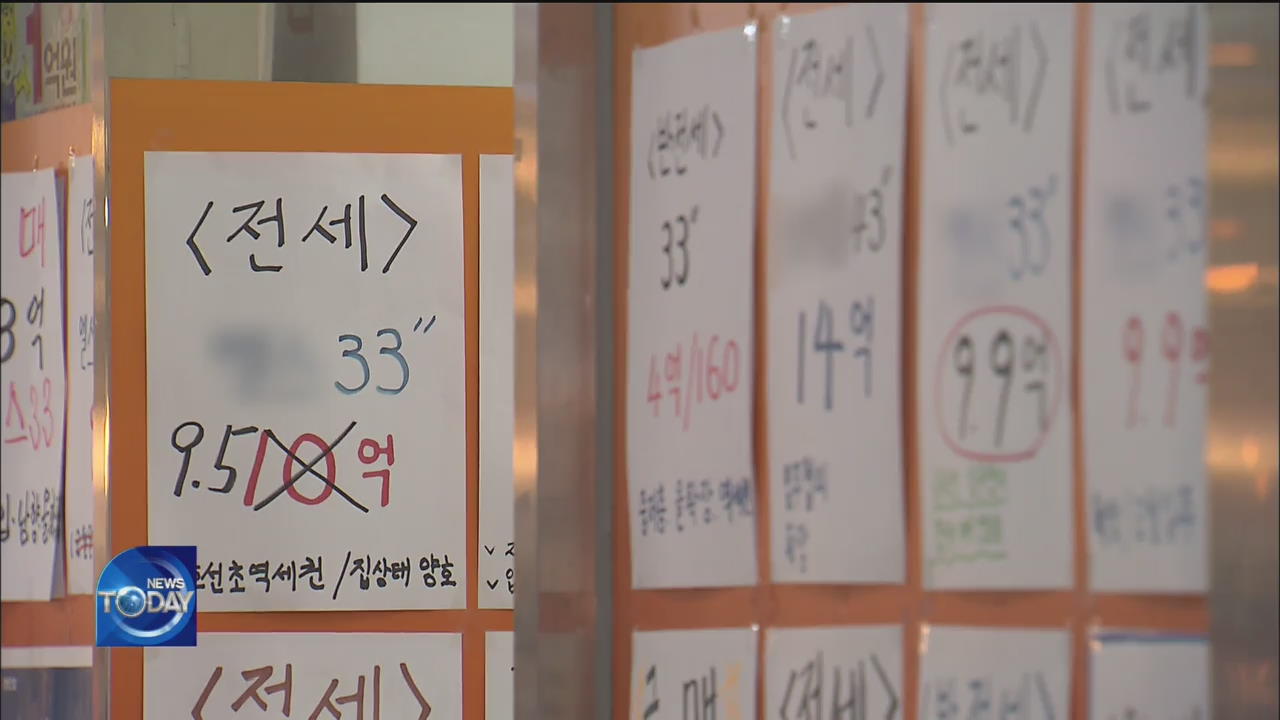
[Anchor Lead]
Apartment rental prices in the city of Seoul have recorded a spike for 54 consecutive weeks. The government and the ruling party have vowed to pass a new law aimed at curbing housing prices.
[Pkg]
An 84-square-meter apartment at this residential complex near Mapo Station in Seoul was leased for a 920 million won lump-sum deposit last week. It surged 100 million won in just one year.
[Soundbite] (REALTOR) : "Because of the shortage of apartments, landlords can raise rental prices as much as they want. Although some tenants do ask to lower the rent, there are also those who are willing to wait to rent an apartment for 920 million or 930 million won."
Although prices of apartments for sale have surged more than rental prices, the gap will likely narrow soon given the ongoing trend in the housing market. The primary factor is the shortage of available apartment units. Last month, the number of apartment lease and rental transactions fell to the lowest level on record. This stems from the growing demand for rental housing and a long waiting list of applicants for newly built apartments. Meanwhile, more and more landlords prefer monthly rents or half-lump-sum deposits to full lump-sum deposits because of low interest rates. The government and the ruling party have agreed to enact a new law on protecting tenants by banning landlords from raising apartment rents by more than 5 percent when renewing lease contracts and granting tenants the right to demand a contract extension. While some say the new measure could help stabilize the real-estate market in the long term, there are also concerns that landlords might raise apartment lease prices prior to its enactment.
[Soundbite] KIM SUNG-HWAN(CONSTRUCTION ECONOMY RESEARCH INSTITUTE OF KOREA) : "This could push landlords to raise the rent because they won't be able to do so in the next four or six years."
That's why authorities are considering applying the new regulations retrospectively. Constitutional violation and infringement of property rights remain as stumbling blocks. However, some say processing the matter quickly is needed to minimize undesired repercussions.
Apartment rental prices in the city of Seoul have recorded a spike for 54 consecutive weeks. The government and the ruling party have vowed to pass a new law aimed at curbing housing prices.
[Pkg]
An 84-square-meter apartment at this residential complex near Mapo Station in Seoul was leased for a 920 million won lump-sum deposit last week. It surged 100 million won in just one year.
[Soundbite] (REALTOR) : "Because of the shortage of apartments, landlords can raise rental prices as much as they want. Although some tenants do ask to lower the rent, there are also those who are willing to wait to rent an apartment for 920 million or 930 million won."
Although prices of apartments for sale have surged more than rental prices, the gap will likely narrow soon given the ongoing trend in the housing market. The primary factor is the shortage of available apartment units. Last month, the number of apartment lease and rental transactions fell to the lowest level on record. This stems from the growing demand for rental housing and a long waiting list of applicants for newly built apartments. Meanwhile, more and more landlords prefer monthly rents or half-lump-sum deposits to full lump-sum deposits because of low interest rates. The government and the ruling party have agreed to enact a new law on protecting tenants by banning landlords from raising apartment rents by more than 5 percent when renewing lease contracts and granting tenants the right to demand a contract extension. While some say the new measure could help stabilize the real-estate market in the long term, there are also concerns that landlords might raise apartment lease prices prior to its enactment.
[Soundbite] KIM SUNG-HWAN(CONSTRUCTION ECONOMY RESEARCH INSTITUTE OF KOREA) : "This could push landlords to raise the rent because they won't be able to do so in the next four or six years."
That's why authorities are considering applying the new regulations retrospectively. Constitutional violation and infringement of property rights remain as stumbling blocks. However, some say processing the matter quickly is needed to minimize undesired repercussions.
이 기사가 좋으셨다면
-
좋아요
0
-
응원해요
0
-
후속 원해요
0












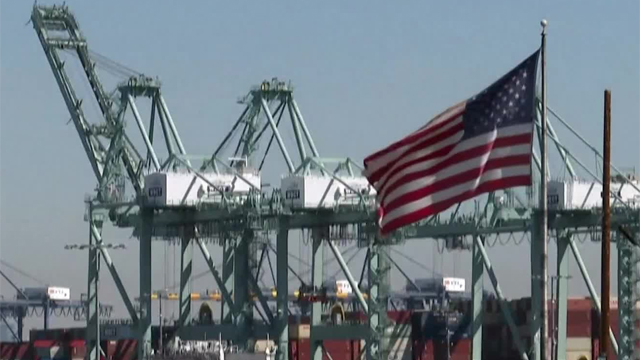
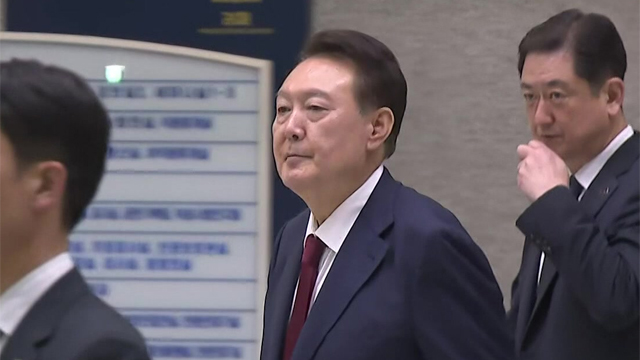
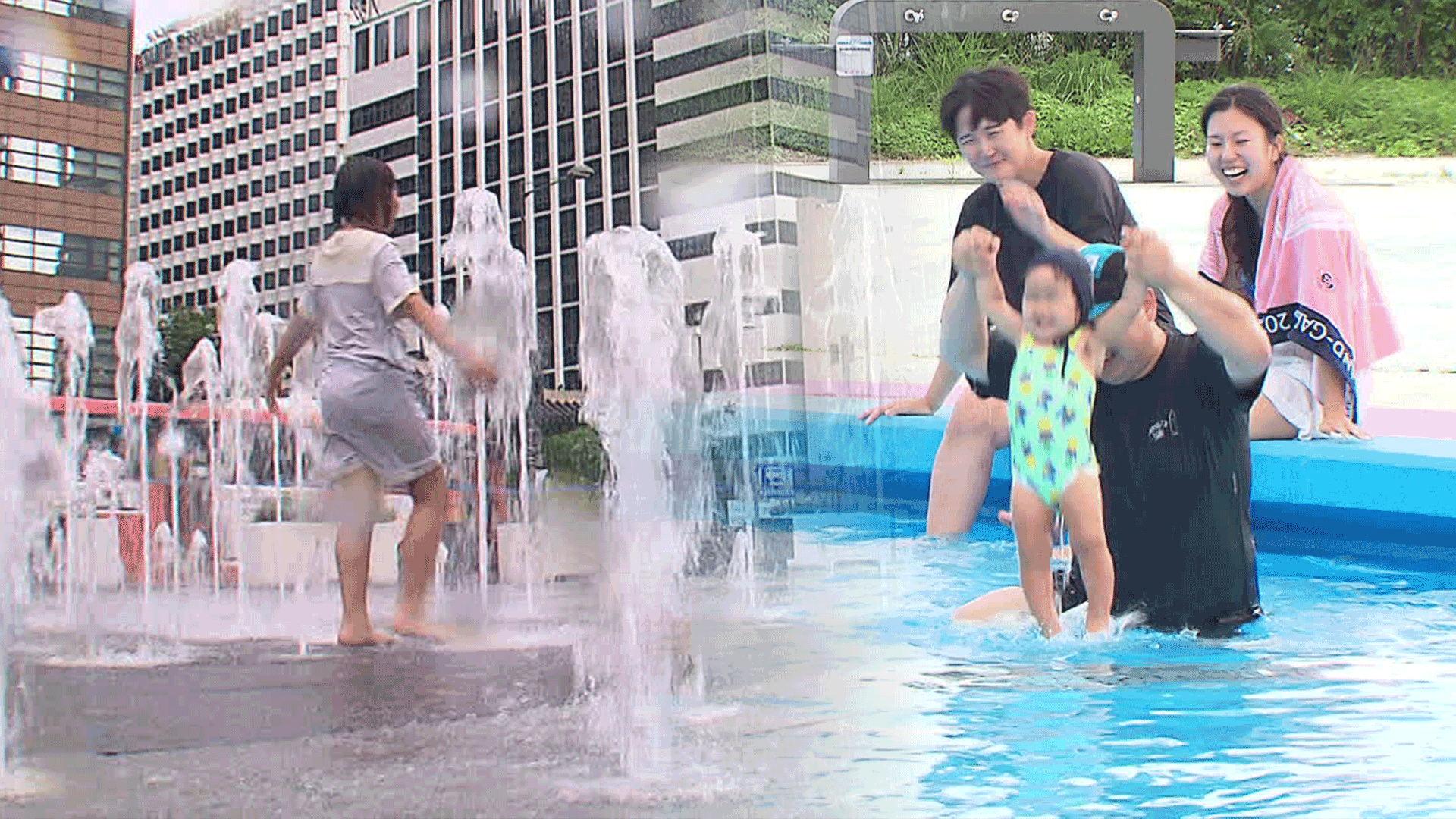
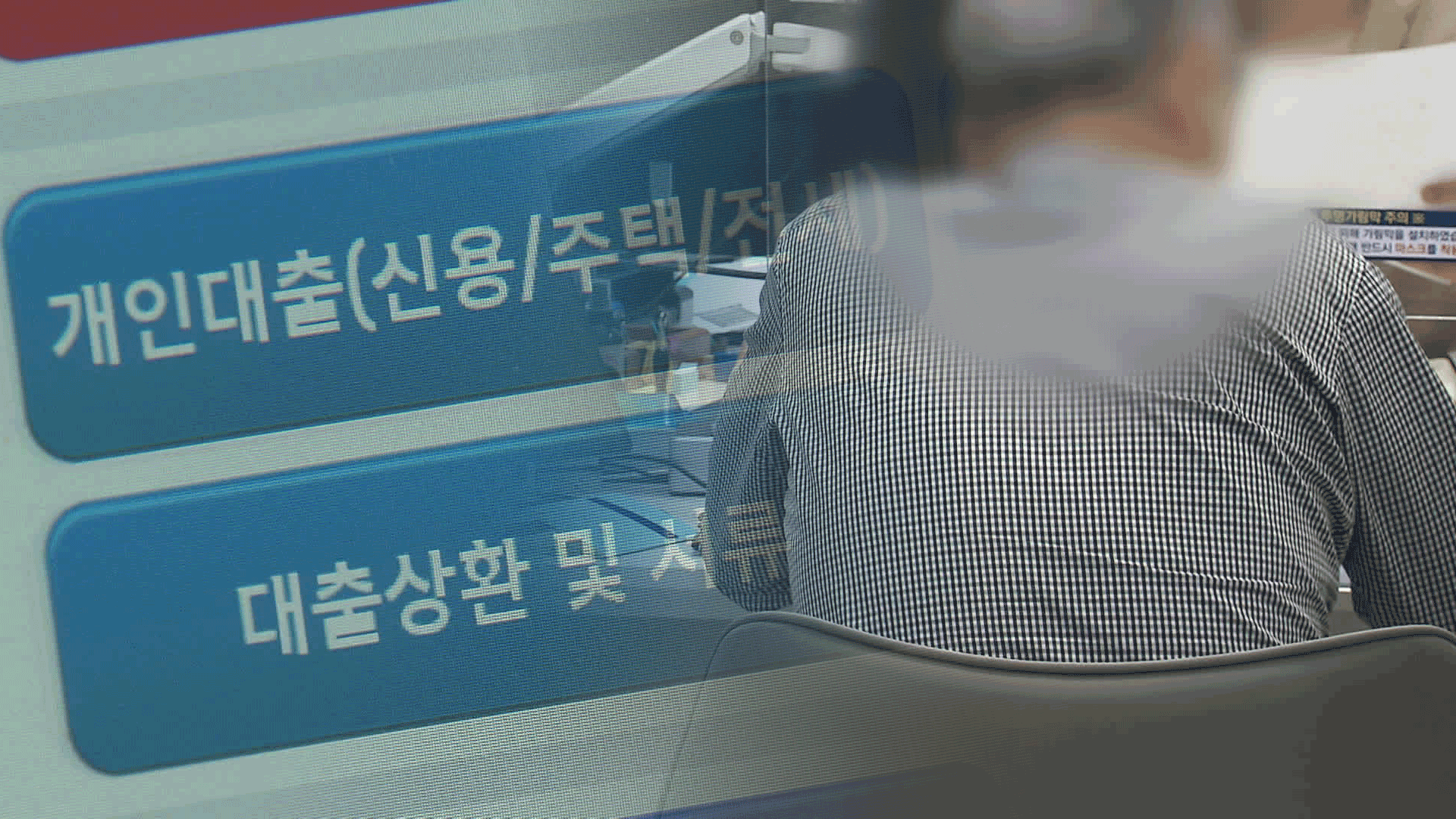

이 기사에 대한 의견을 남겨주세요.